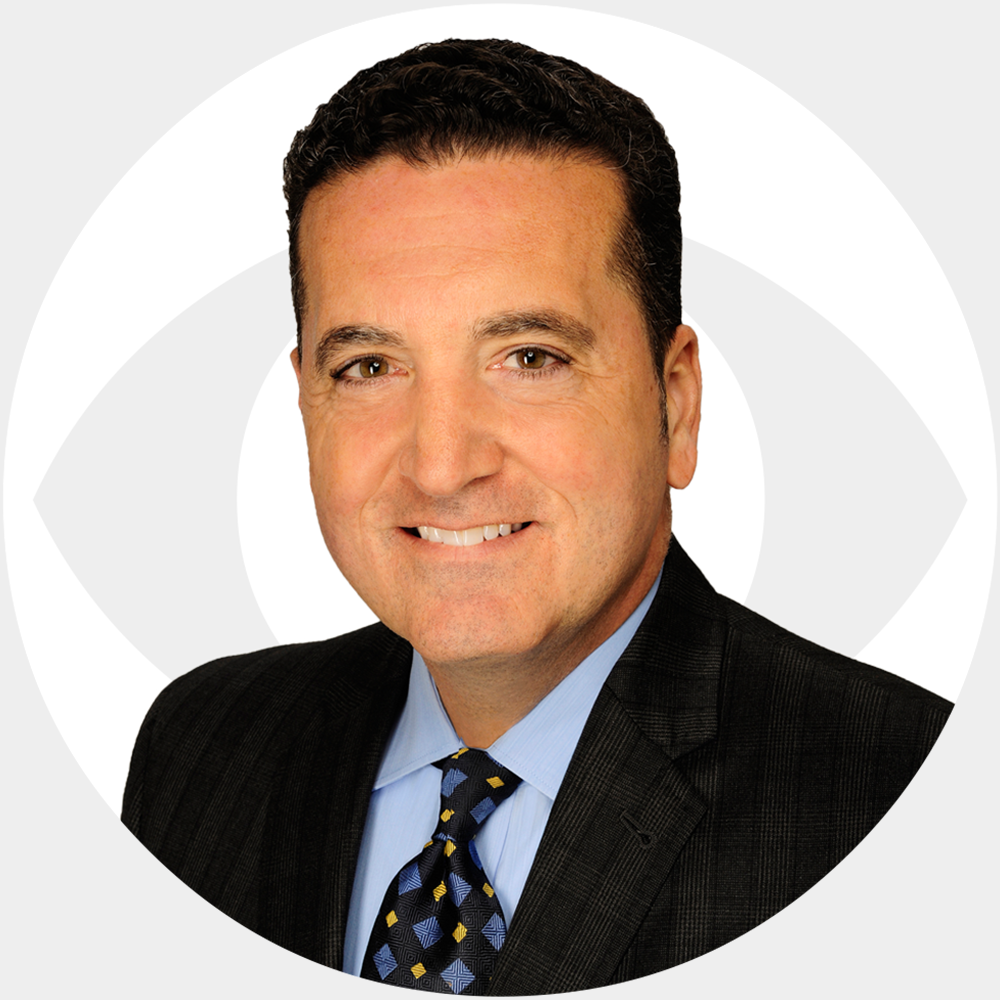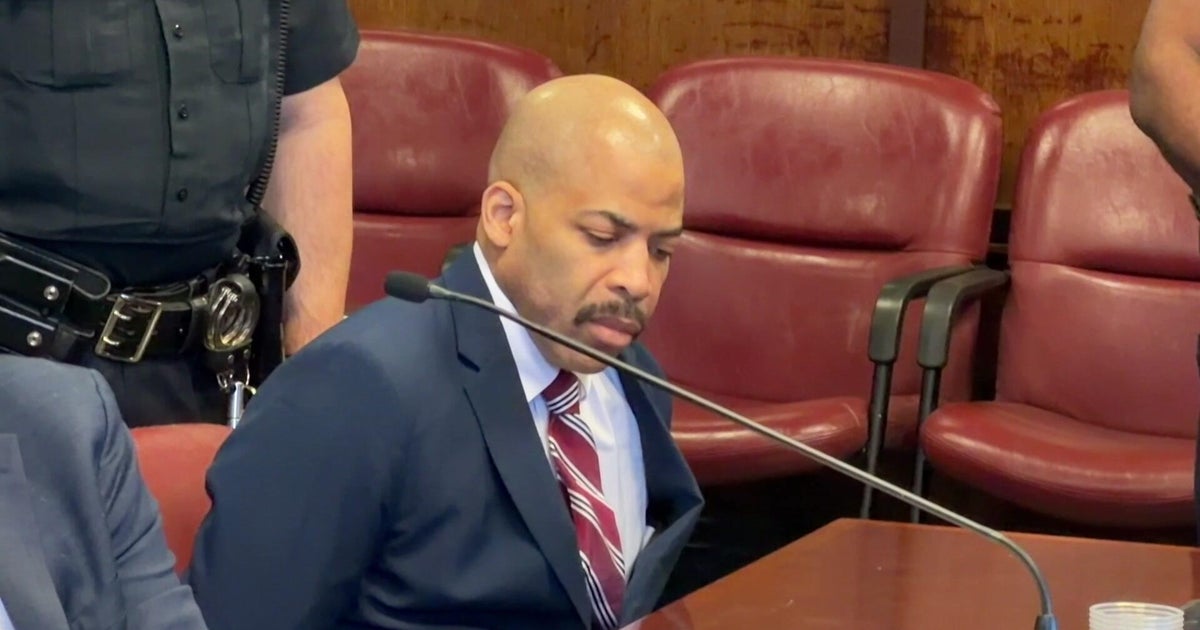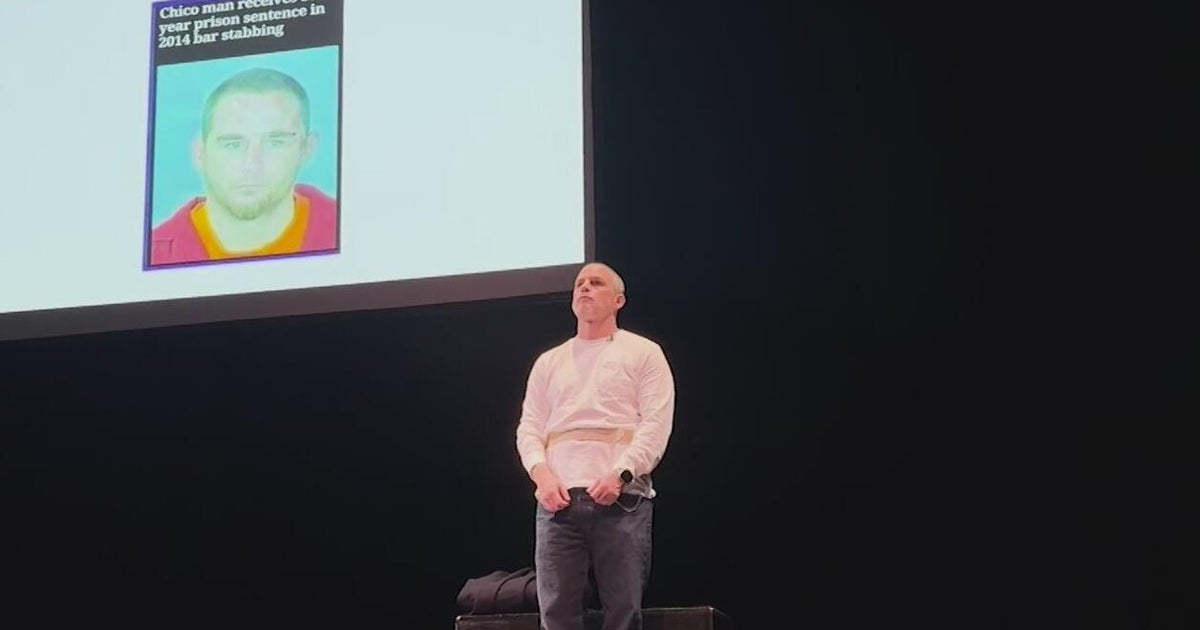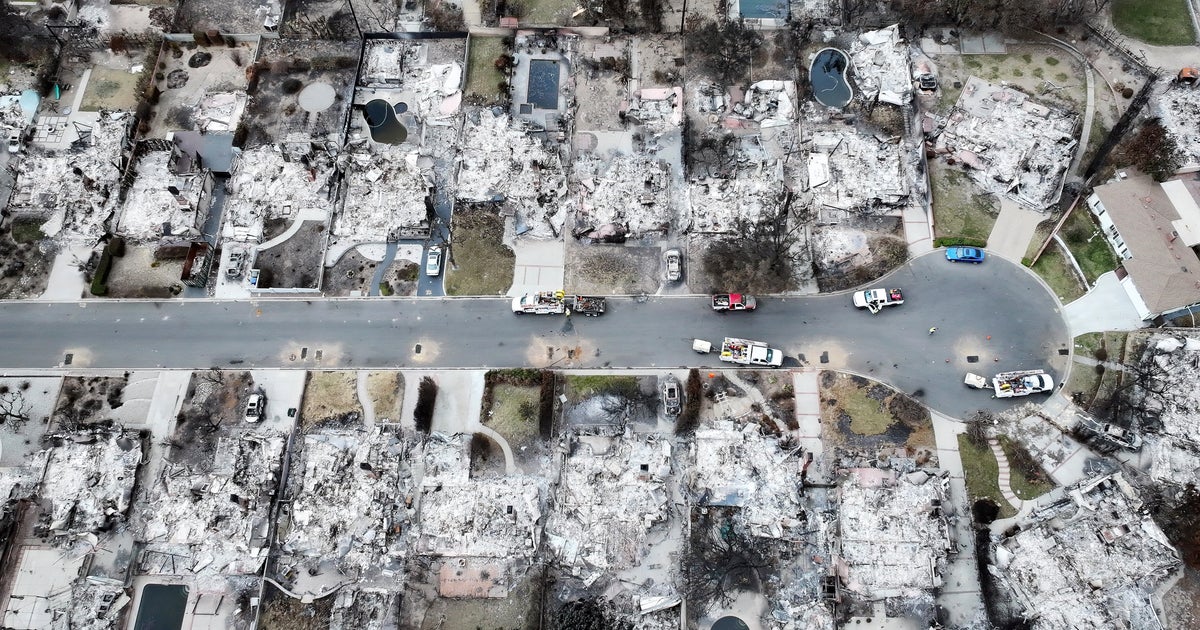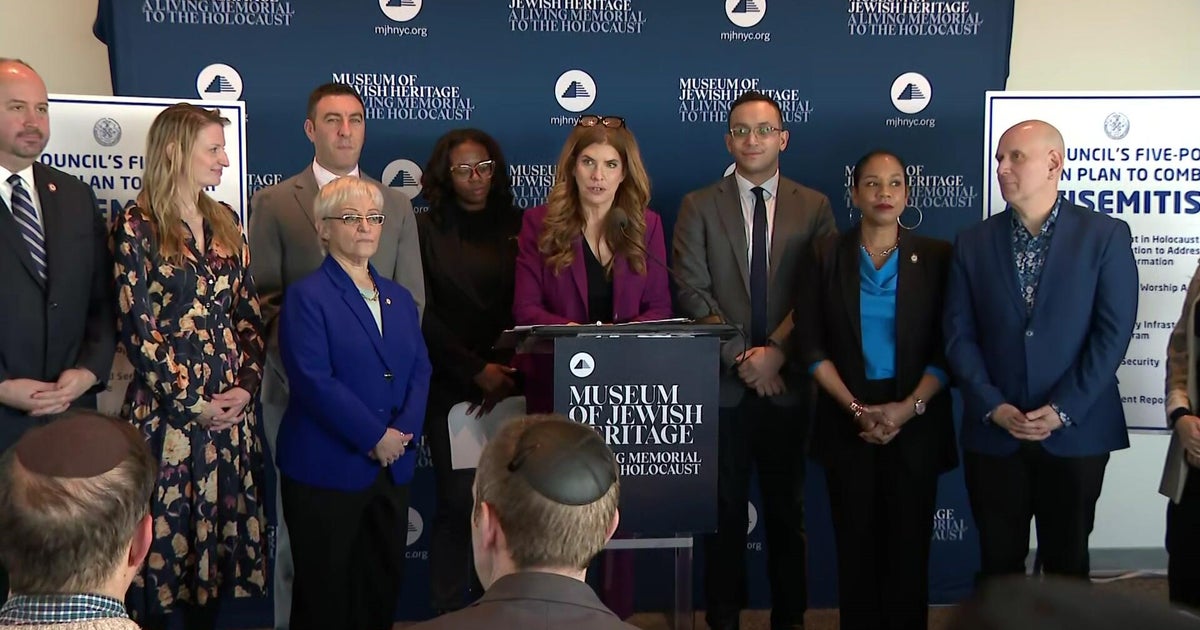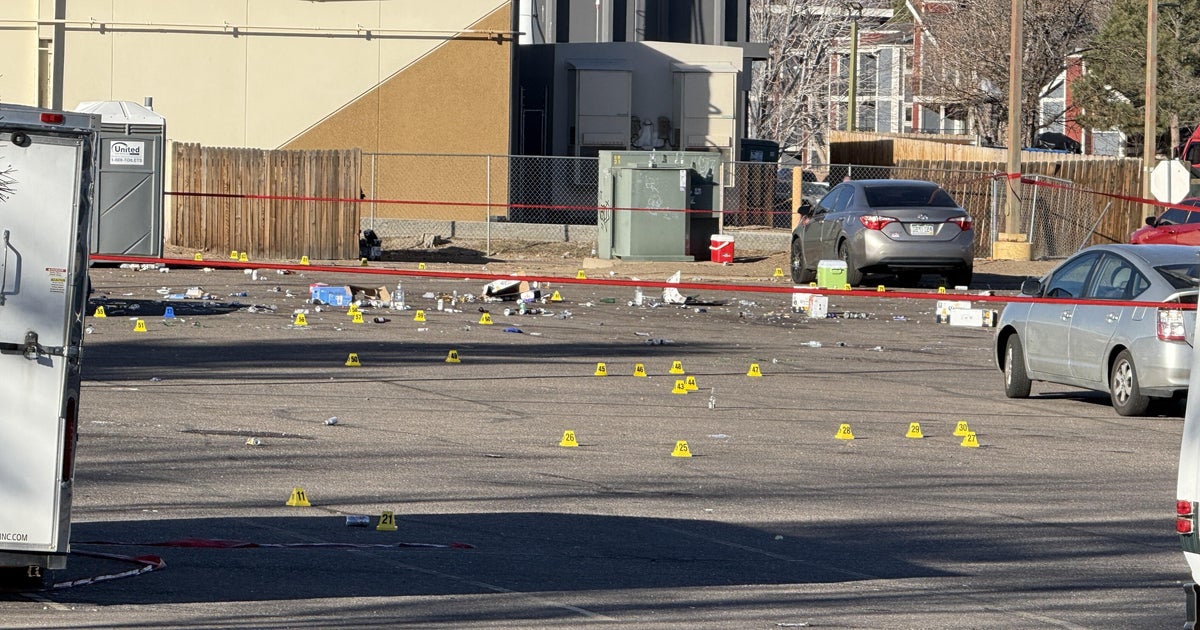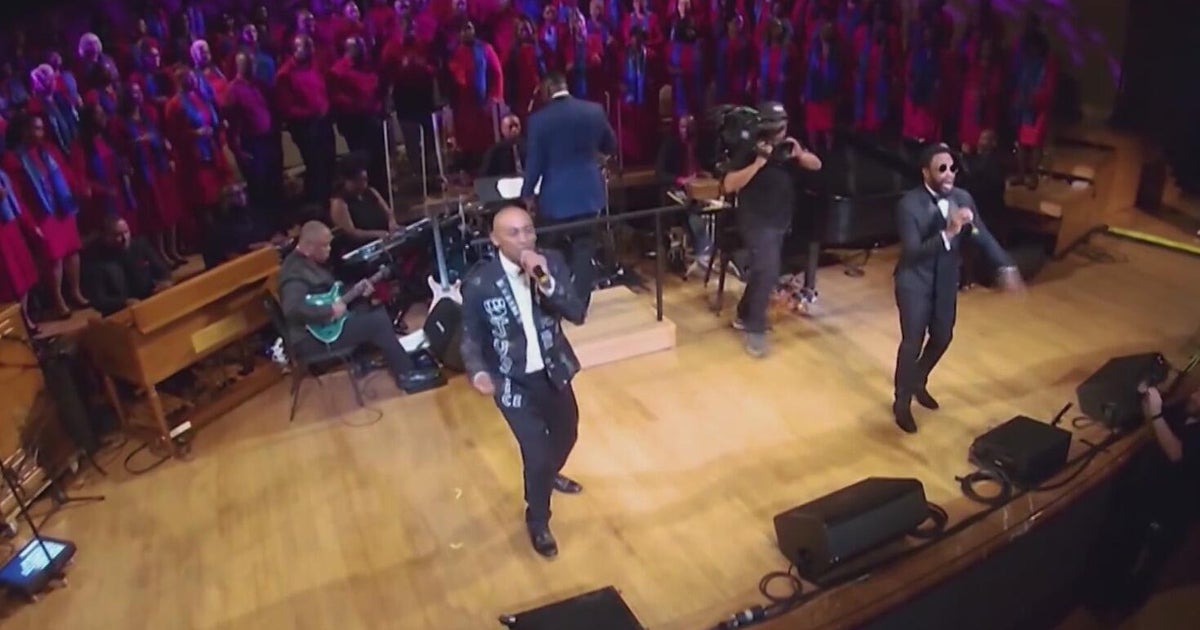Pablo Guzmán co-founding Young Lords Party was key in dramatic chapter of New York City history
NEW YORK -- Before Pablo Guzmán broke stories and won Emmys, he was a key figure in a dramatic chapter of New York City history.
The legendary CBS New York reporter's death at age 73 this week had us looking back at his role in the Young Lords Party, a Latino-led radical movement with a brief lifespan, but lasting legacy.
A street corner in East Harlem honors the party Guzmán co-founded when he was 19.
"I don't think he really and fully understood the impact that he had," said Mickey Melendez, of the Young Lords Party.
Melendez and Guzmán met in the late 1960s at a time of dramatic social change, with an awakening of Latino pride and a push for Puerto Rican independence.
"We were the generation that was asking 'Why?'" said Melendez.
The party formed in 1969. Guzmán had studied media theory and knew just what to do.
"Everything that we did in the Lords ... was based on Pablo's analysis of how you control your own narrative," said Juan Gonzalez. "So we had our own photographers, we had our own film crew, we had our own radio program, we had our own newspaper."
The Young Lords shared the 1960s fervor for Marxist revolution. Many in the South Bronx and East Harlem had more immediate concerns.
"We went out there trying to talk about socialism and revolution, and people are saying 'Why don't you just pick up the garbage?'" said Melendez.
The Young Lords got the message. They piled garbage on Third Avenue to force sanitation improvements, took over a church to offer free breakfast and other services, and staged an action at Lincoln Hospital to protest health care inequities.
The Young Lords Party did some splashy things, but it wasn't just to get attention. It was to effect change.
"Find out what the aspirations and the needs of the people are, and try to figure out how to address those needs," said Melendez.
It worked. The city started to act on Young Lords priorities, including tuberculosis rates and lead paint poisoning of children.
"The building of the Lincoln Hospital, all of the Puerto Rican Latino studies programs that exist in the colleges today, were direct results of the protests that we were involved in back then," said Gonzalez.
Guzmán was at the center of it all.
"He charmed the media when he was in the Lords, and then he charmed the viewers when he got on TV," said Gonzalez. "He's a unique person in the history of New York City."
Guzmán's activism put him on law enforcement's radar. Years later, some who once had him under surveillance became sources for his hard-hitting reporting.
